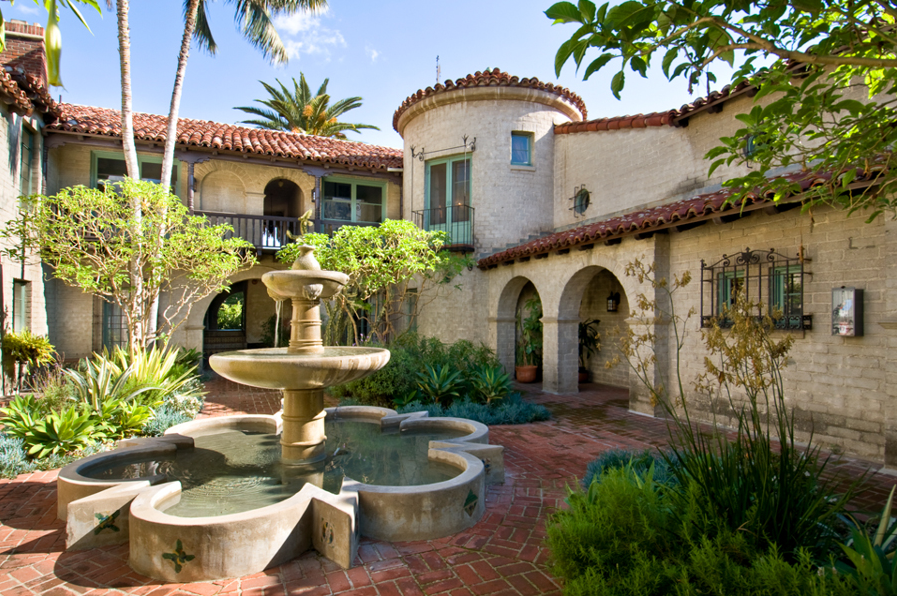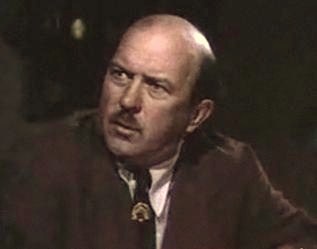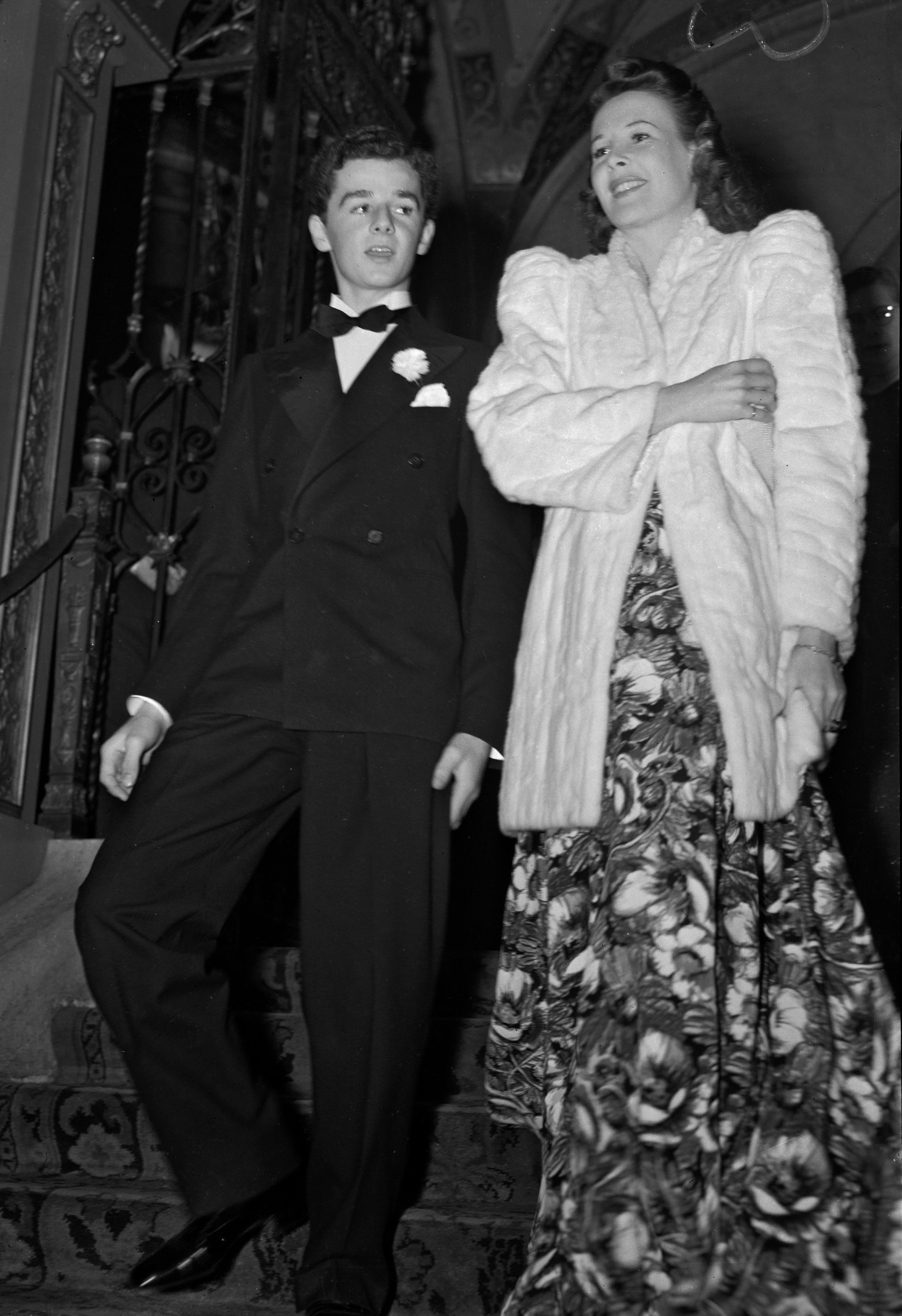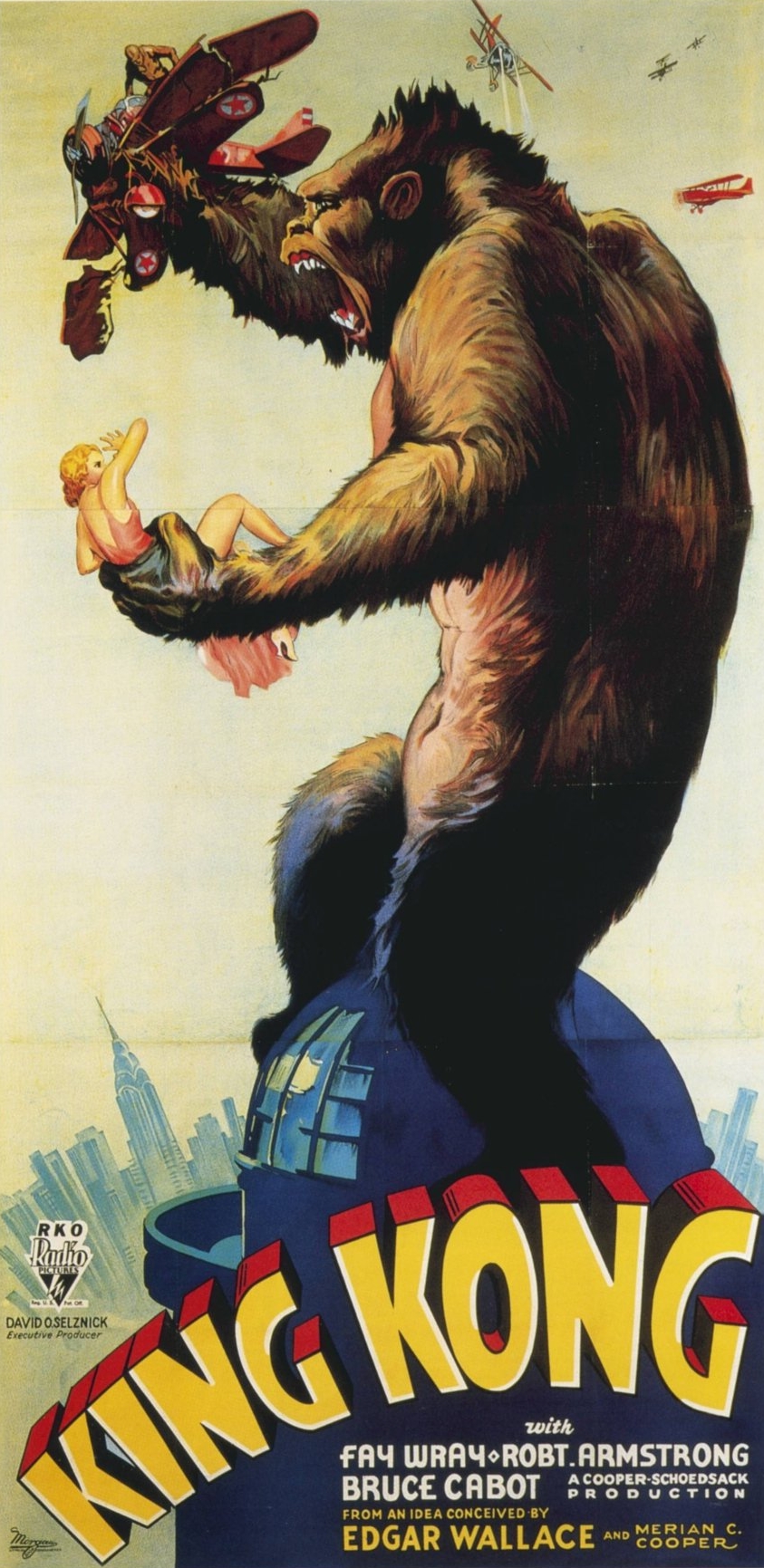|
Gale Storm
Josephine Owaissa Cottle (April 5, 1922 – June 27, 2009), known professionally as Gale Storm, was an American actress and singer. After a film career from 1940 to 1952, she starred in two popular television programs of the 1950s, '' My Little Margie'' and '' The Gale Storm Show''. Six of her songs were top ten hits. Storm's greatest recording success was a cover version of " I Hear You Knockin'," which hit No. 2 on the '' Billboard'' Hot 100 chart in 1955. Early life Storm was born in Bloomington, Texas, United States. The youngest of five children, she had two brothers and two sisters. Her father, William Walter Cottle, died after a year-long illness when she was only 17 months old, and her mother, Minnie Corina Cottle, struggled to raise the children alone. Storm attended Holy Rosary School in what is now Midtown, Houston. She performed in the drama club at both Albert Sidney Johnston Junior High School and San Jacinto High School. When Storm was 17, two of her tea ... [...More Info...] [...Related Items...] OR: [Wikipedia] [Google] [Baidu] |
Yank, The Army Weekly
''Yank, the Army Weekly'' was a weekly magazine published by the United States military during World War II. One of its most popular features, intended to boost the morale of military personnel serving overseas, was the weekly publication of a pin-up photograph. History The idea for the magazine came from Egbert White, who had worked on the newspaper '' Stars and Stripes'' during World War I. He proposed the idea to the Army in early 1942, and accepted a commission as lieutenant colonel. White was the overall commander, Major Franklin S. Forsberg was the business manager and Major Hartzell Spence was the first editor. White was removed from the ''Yank'' staff because of disagreements about articles which had appeared. Soon afterward, Spence was also assigned to other duties and Joe McCarthy became the editor. The first issue was published with the cover date of June 17, 1942, as a 24-page weekly tabloid, with no ads, costing five cents. The magazine was written by enlisted ... [...More Info...] [...Related Items...] OR: [Wikipedia] [Google] [Baidu] |
Hollywood, California
Hollywood, sometimes informally called Tinseltown, is a List of districts and neighborhoods in Los Angeles, neighborhood and district in the Central Los Angeles, central region of Los Angeles County, California, within the city of Los Angeles. Its name has become synonymous with the Cinema of the United States, U.S. film industry and the people associated with it. Many notable film studios such as Sony Pictures, Walt Disney Studios (division), Walt Disney Studios, Paramount Pictures, Warner Bros., and Universal Pictures are located in or near Hollywood. Hollywood was incorporated as a municipality in 1903. The North Hollywood, Los Angeles, northern and East Hollywood, Los Angeles, eastern parts of the neighborhood were Merger (politics), consolidated with the City of Los Angeles in 1910. Soon thereafter, the prominent film industry migrated to the area. History Initial development H. J. Whitley, a real estate developer, arranged to buy the E.C. Hurd ranch. Whitley shared ... [...More Info...] [...Related Items...] OR: [Wikipedia] [Google] [Baidu] |
Edgar Kennedy
Edgar Livingston Kennedy (April 26, 1890 – November 9, 1948) was an American comedic character actor who appeared in at least 500 films during the silent and sound eras. Professionally, he was known as "Slow Burn", owing to his ability to portray characters whose anger slowly rose in frustrating situations. In many of his roles, he used exasperated facial expressions and performed very deliberately to convey his rising anger or "burn", often rubbing his hand over his bald head and across his face in an effort to control his temper. One memorable example of his comedy technique can be seen in the 1933 Marx Brothers' film '' Duck Soup'', where he plays a sidewalk lemonade vendor who is harassed and increasingly provoked by Harpo and Chico. Early years Kennedy was born April 26, 1890, in Monterey County, California, to Canadians Neil Kennedy and Annie Quinn. He attended San Rafael High School before taking up boxing. After boxing, he worked as a singer in vaudeville, musical ... [...More Info...] [...Related Items...] OR: [Wikipedia] [Google] [Baidu] |
East Side Kids
The East Side Kids were characters in a series of 22 films released by Monogram Pictures from 1940 through 1945. The series was a low-budget imitation of the Dead End Kids, a successful film franchise of the late 1930s. History The 1935 Sidney Kingsley Broadway play ''Dead End (play), Dead End'' was a portrait of life in the New York tenements, featuring six tough-talking juvenile delinquents. When film producer Samuel Goldwyn made a film out of the play, he recruited the original kids from the play: Leo Gorcey, Huntz Hall, Bobby Jordan, Gabriel Dell, Billy Halop, and Bernard Punsly. In 1938, Warner Brothers signed these six actors for a series of ''Dead End Kids'' dramas, the most successful being 1938's ''Angels with Dirty Faces'' with James Cagney and Humphrey Bogart, and ''They Made Me a Criminal'' in 1939, starring John Garfield. Also in 1938, Universal Pictures offered a competing series, under the Little Tough Guys brand name. At one time or another, five of the original ... [...More Info...] [...Related Items...] OR: [Wikipedia] [Google] [Baidu] |
Frankie Darro
Frankie Darro (born Frank Johnson, Jr.; December 22, 1917 – December 25, 1976) was an American actor and later in his career a stuntman. He began his career as a child actor in silent films, progressed to lead roles and co-starring roles in adventure, western, dramatic, and comedy films, and later became a character actor and voice-over artist. He is perhaps best known for his role as Lampwick, the unlucky boy who turns into a donkey in Walt Disney's second animated feature, ''Pinocchio'' (1940). In early credits, his last name was spelled Darrow. Early life Frankie Darro was born on Saturday, December 22, 1917, in Chicago, Illinois, as Frank Johnson, Jr. His parents, Frank Johnson, Sr. and his wife Ada, were known as ''The Flying Johnsons'', and had been working for the Cook Shows organization: "The Flying Johnsons have signed with the Cook Shows for the summer season to do their ceiling walking and double ring act." After the baby was born, the Johnsons toured with the S ... [...More Info...] [...Related Items...] OR: [Wikipedia] [Google] [Baidu] |
Monogram Pictures
Monogram Pictures Corporation was an American film studio that produced mostly low-budget films between 1931 and 1953, when the firm completed a transition to the name Allied Artists Pictures Corporation. Monogram was among the smaller studios in the golden age of Hollywood, generally referred to collectively as Poverty Row. Lacking the financial resources to deliver the lavish sets, production values, and star power of the larger studios, Monogram sought to attract its audiences with the promise of action and adventure. The company's trademark is now owned by Allied Artists International. The original sprawling brick complex which functioned as home to both Monogram and Allied Artists remains at 4376 Sunset Drive, utilized as part of the Church of Scientology Media Center (formerly KCET's television facilities). History Monogram was created in the early 1930s from two earlier companies: W. Ray Johnston's Rayart Productions (renamed Raytone when sound pictures came in) and ... [...More Info...] [...Related Items...] OR: [Wikipedia] [Google] [Baidu] |
Soundies
A soundie is a three-minute American film displaying both the audio and video of a musical performance. Over 1,850 soundies were produced between 1940 and 1946, regarded today as "precursors to music videos". Soundies exhibited a variety of musical genres in an effort to draw a broad audience. The shorts were originally viewed in public places on some 5,000 " Panorams", coin-operated, 16mm rear projection machines built by the Mills Novelty Company of Chicago. Panorams offered multiple selections of a constantly changing rotation of soundies, and were typically located in public venues like nightclubs, bars, and restaurants. As World War II progressed, soundies also featured patriotic messages and advertisements for war bonds. Hollywood films were censored but Soundies weren't, so the films occasionally had daring content like burlesque acts; these were produced to appeal to soldiers on leave. Technology Soundies were filmed professionally on black-and-white 35mm theatrica ... [...More Info...] [...Related Items...] OR: [Wikipedia] [Google] [Baidu] |
Freddie Bartholomew
Frederick Cecil Bartholomew (March 28, 1924 – January 23, 1992), known for his acting work as Freddie Bartholomew, was an English-American child actor who was very popular in 1930s Hollywood films. His most famous starring roles are in '' Captains Courageous'' (1937) and '' Little Lord Fauntleroy'' (1936). His child acting contemporary Mickey Rooney said of him, "He was one of the finest, if not the finest child stars that we had on the scene at that time." His ''Captains Courageous'' co-star Spencer Tracy said of him "Freddie Bartholomew's acting is so fine and so simple and so true that it's way over people's heads." Bartholomew was born in London in 1924. In 1934, for the title role of MGM's ''David Copperfield'' (1935), he immigrated to the United States at age 10, living there for the rest of his life. Behlmer, Rudy (ed)''Memo from David O. Selznick''.Viking Press, 1972. p. 176. He became an American citizen in 1943, following World War II military service. Despite hi ... [...More Info...] [...Related Items...] OR: [Wikipedia] [Google] [Baidu] |
Jimmy Lydon
James Joseph Lydon (May 30, 1923 – March 9, 2022) was an American actor and television producer whose career in the entertainment industry began as a teenager during the 1930s. Early life Lydon was born in Harrington Park, New Jersey on May 30, 1923, the fifth of nine children. His family was of Irish heritage. He was raised in Bergenfield, New Jersey. Career In 1932, Lydon's father, who was an alcoholic, decided to retire from working. This decision forced all of the other family members to seek employment in the depths of the Great Depression. One of his first starring roles was the title character in the 1940 movie '' Tom Brown's School Days'', also starring Cedric Hardwicke and Freddie Bartholomew. The film was well received by critics, with ''Variety'' praising it in a January 1940 review as "sympathetically and skillfully made, with many touching moments and an excellent cast". Lydon was called "believable and moving in the early portions, but too young for the fina ... [...More Info...] [...Related Items...] OR: [Wikipedia] [Google] [Baidu] |
Tom Brown's School Days (1940 Film)
''Tom Brown's School Days'' is a 1940 coming-of-age drama film about a teenage boy's experiences at Rugby School, Warwickshire in the early 19th century under the reforming headmastership of Thomas Arnold. It stars Sir Cedric Hardwicke, Freddie Bartholomew and Jimmy Lydon in the title role. The film was based on the 1857 novel, ''Tom Brown's School Days'' by Thomas Hughes. In this version emphasis is placed on the development of Headmaster Thomas Arnold and his reformist ideas concerning the English public school. It was well received by critics, with ''Variety'' praising it in a December 31, 1939, review as "sympathetically and skilfully made, with many touching moments and an excellent cast". Hardwicke's performance as Arnold was called "one of the best he has ever given on the screen," as the veteran actor convincingly tempered the headmaster's strict demeanour with "the underlying sympathy, tolerance, quiet humour and steadfast courage" for which Arnold was acclaimed. Jimmy ... [...More Info...] [...Related Items...] OR: [Wikipedia] [Google] [Baidu] |
RKO Radio Pictures
RKO Radio Pictures Inc., commonly known as RKO Pictures or simply RKO, is an American film production and distribution company, historically one of the "Big Five" film studios of Hollywood's Golden Age. The business was formed after the Keith-Albee-Orpheum theater chain and Joseph P. Kennedy's Film Booking Offices of America studio were brought together under the control of the Radio Corporation of America (RCA) in October 1928. RCA executive David Sarnoff engineered the merger to create a market for the company's sound-on-film technology, RCA Photophone, and in early 1929 production began under the RKO name (an initialism of Radio-Keith-Orpheum). Two years later, another Kennedy concern, the Pathé studio, was folded into the operation. By the mid-1940s, RKO was controlled by investor Floyd Odlum. RKO has long been renowned for its cycle of musicals starring Fred Astaire and Ginger Rogers in the mid- to late 1930s. Actors Katharine Hepburn and, later, Robert Mitchu ... [...More Info...] [...Related Items...] OR: [Wikipedia] [Google] [Baidu] |
Big Town
''Big Town'' is a popular long-running radio drama featuring a corruption-fighting newspaper editor initially played from 1937 to 1942 by Edward G. Robinson in his first radio role, with echoes of the conscience-stricken tabloid editor he had played in the film '' Five Star Final''. Edward Pawley played the lead role longer, 1943–52, in plots that made the editor more of a hands-on crime-fighter. During the later Pawley years, Big Town was adapted to film and television series, and a comic book published by DC Comics. Radio The radio program aired from October 19, 1937, to June 25, 1952. It was produced by William N. Robson and Crane Wilbur, and written by Jerry McGill. Theme music was by Fran Frey. Edward G. Robinson had the lead role of Steve Wilson, crusading editor of the ''Illustrated Press'', from 1937 to 1943. Claire Trevor was Wilson's reporter sidekick "Lorelei," with Ona Munson taking over that role in 1939. The female lead evolved from the initial script's desc ... [...More Info...] [...Related Items...] OR: [Wikipedia] [Google] [Baidu] |








